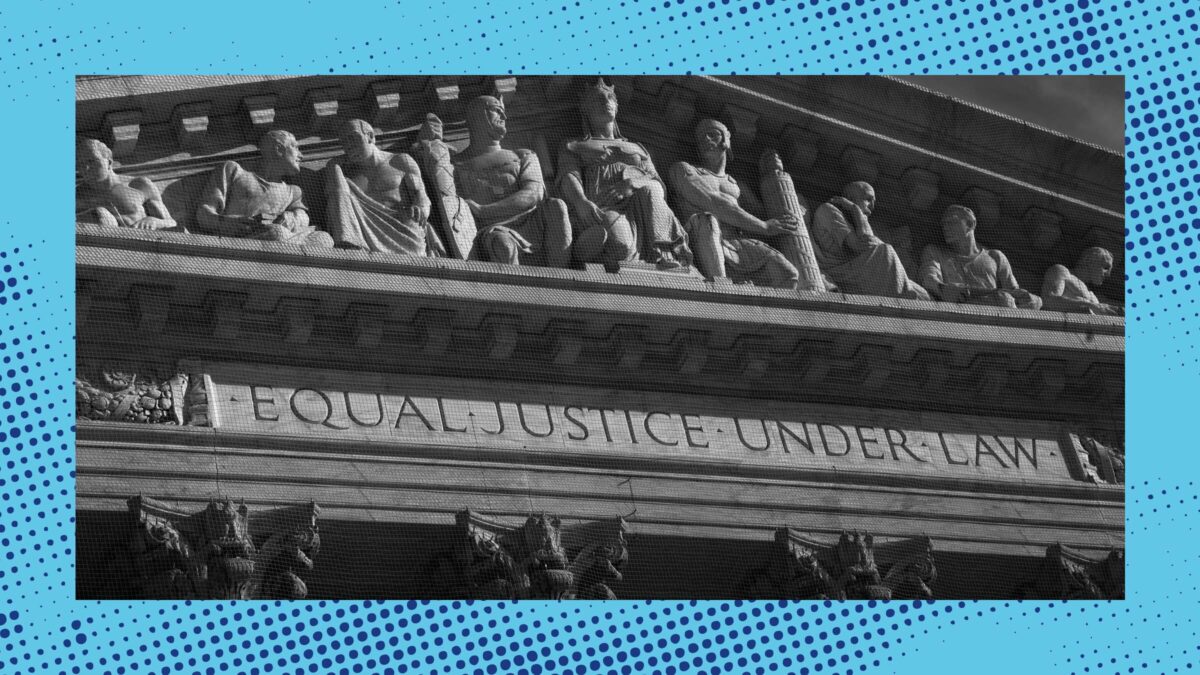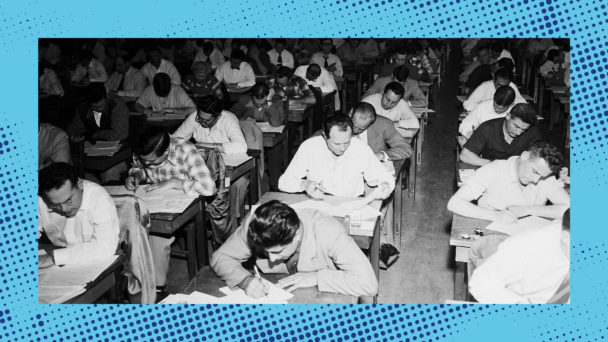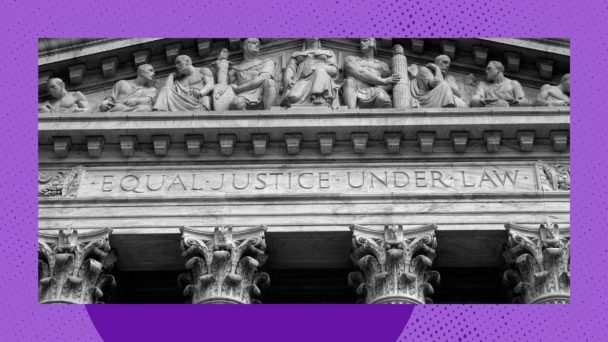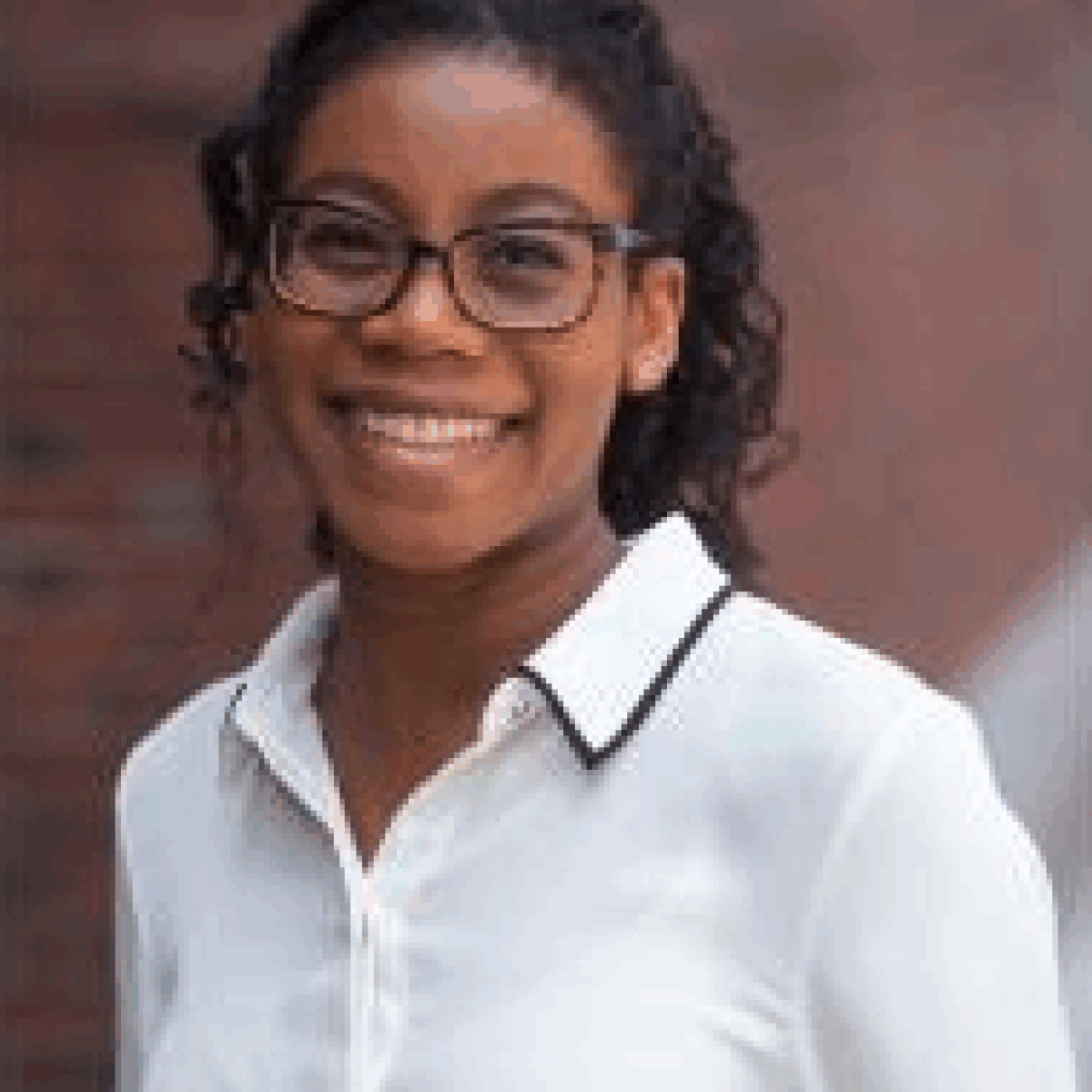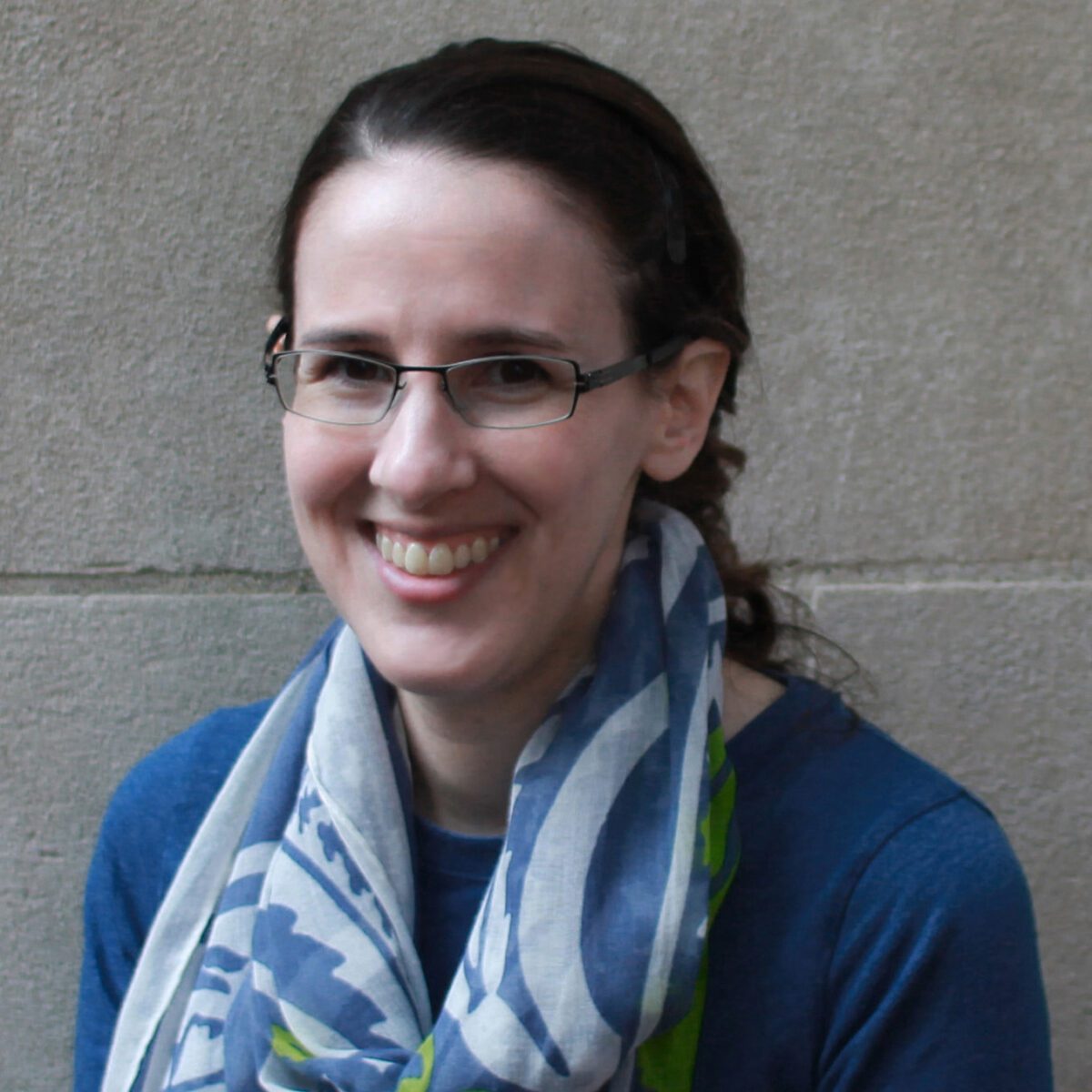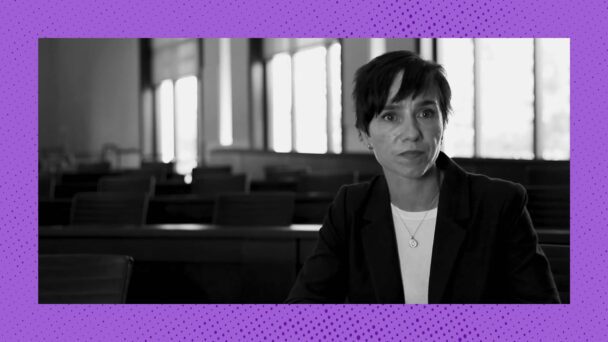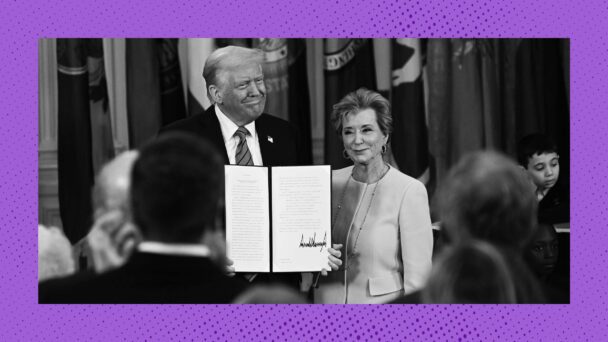For most prospective lawyers, the path to licensure is both arduous and relatively straightforward: spend three years in law school, cram for a two-day-long bar exam, submit an application for licensure, and, if all goes well, attend a swearing-in ceremony. However, the story can be very different for those who have a criminal conviction, an eviction, a civil judgement against them, mental health disabilities, or financial issues.
Such was the case for one applicant, Jessica Younts, who had a felony drug conviction. After completing her sentence and attending law school, she applied for licensure in New York. Instead of breezing through the process like many of her peers, she endured what can only be described as a hazing ritual: Bar officials subjected her to multiple hostile interviews that interrogated aspects of her life wholly unconnected to the practice of law, such as whether all her children had the same father. She was even asked probing questions about her arrest, requiring her to recount specific details of that day, which essentially relitigated her already-adjudicated criminal matter. As a result, a process that takes most law school graduates a few months took Jessica four years—and in the end, she was still denied.
Stories like this are everywhere once you start looking. The Ohio bar denied licensure to one woman because of the amount of student loan debt that she and her husband were struggling to repay on their low incomes. In Louisiana, the licensure committee granted only conditional admission to an applicant because she had sought treatment for bipolar disorder during law school.
These are just a few of the many ways that the character and fitness process (or “C&F” for short) serves to gatekeep the legal profession. In every U.S. jurisdiction, prospective lawyers need to not only pass a rigorous exam that tests their knowledge of the law, but also undergo an extensive and invasive investigation into nearly every aspect of their lives: address history, academic records, employment experience, financial records, interactions with the civil and criminal legal systems, medical records, and much more. The application process itself is often anxiety-provoking, involving filling out a confusing questionnaire, tracking down original documents, and gathering recommendations from references. After all that, an applicant must also typically undergo a probing interview, and in some cases more than one, before the C&F committee—volunteer members of the bar—makes a determination about their admission.
The stated purpose of the modern C&F process is “the protection of the public and the system of justice,” and many clients understandably want to ensure that their lawyers are upstanding citizens who will act with moral integrity in representing them. However, the historical development of the C&F process suggests that such protection was never its true intention.
The moral inquiry process developed over the course of the nineteenth and twentieth centuries, as women, people of color, immigrants, and religious minorities attempted to gain access to the field. Scholars have shown how, in response to encroachment by new populations, the profession’s old guard of rich white men erected gatekeeping mechanisms with the purpose of discriminatory exclusion. Purporting to assess candidates’ moral character was a way to keep out candidates that legal elites deemed undesirable—which included people of color, women, immigrants, Catholics, Jews, and those with progressive politics.
Today, the C&F process is not always as overtly discriminatory, but it still serves this exclusionary function. Questions about involvement with the legal system are more likely to affect prospective lawyers of color, who come from populations that are policed and incarcerated at much higher rates than Whites. (In some states, a felony conviction creates a strong presumption against or even a total bar to admission). Questions about debt disadvantage those with less socioeconomic privilege. Questions about mental health stigmatize those with disabilities, or even disrupt treatment as applicants seek to avoid the stigma.
Many jurisdictions also ask questions of dubious constitutionality. Final C&F determinations are handled by committees within the highest court in the jurisdiction. In nearly every state, applicants are asked about sealed or expunged legal matters (in thirty-eight states this includes juvenile records), which circumvents applicants’ due process rights. Seven states ask about illegal drug use and 44 ask for immigration status, meaning applicants must incriminate themselves to proceed with the licensing process.
The presence of these questions affects not only those who have graduated from law school; anecdotal evidence suggests that these questions may serve to dissuade members of historically oppressed groups from applying to law school in the first place. What is more, research has shown that these questions have “extremely low” predictive power about whether a lawyer will be disciplined in the future. Meanwhile, an ABA report demonstrating that thousands of practicing lawyers are fined, disciplined, and disbarred every year reveals that the C&F system does not successfully weed out immoral lawyers. And the entire C&F process is swathed in secrecy, with few jurisdictions tracking any data about applicants and their outcomes. The lack of published standards, one scholar asserted, make it “virtually impossible to determine what is really happening.”
Our organization, Unlock the Bar, is working to make the C&F process more transparent, the profession more accessible to members of marginalized communities, and the legal field more equitable as a whole. We study the licensing landscape, gather data on applicants’ experiences, and provide resources, public education materials, and general support to those navigating the process.
Right now, only a few jurisdictions keep track of data that explains what is happening in the C&F process. We want to fill this information gap. One of our current endeavors is the People’s Survey, which is gathering data about those who have engaged with the C&F process—or have deliberately chosen not to. Our aim is to demystify the process by sharing a more robust explanation of what is happening to which applicants during the licensing process, and why.
Although we are just beginning to collect comprehensive data, we can already report some of the significant costs—not just in dollars, but also in time and effort—that C&F can impose on applicants. In all jurisdictions, the C&F application requires applicants to pay hundreds of dollars in fees, but several respondents have reported paying upward of $3,000 (and as much as $10,000) to fulfill the various demands of C&F committees. The process typically takes a few months for the standard applicant, but respondents whose applications received additional scrutiny regularly reported a delay of over a year—and as much as five years—before they receive a decision. Applicants are often sent to track down documents related to their court cases, child custody disputes, academic records, and other matters. The mental toll is also significant, with some applicants permanently scarred from the process: “I still have nightmares,” one said.
Many more stories have yet to be told, and we want to keep telling them. If you or anyone you know has interacted with the character and fitness system, we encourage folks to share their experiences—even if those experiences were positive or neutral—so we can learn more about the full scope of this issue.
Representation matters in the legal profession. As a D.C. Court of Appeals judge has argued, a shared background of race, socioeconomic status, disability, or history of involvement with the legal system “enables lawyers to better communicate with their clients, to understand better the clients’ circumstances and goals, to gain the trust of and inspire confidence in clients, and to empathize with clients.” But more than that, lawyers also create many of the laws, policies, and institutions that shape our lives, so it matters who is doing that creating—whose perspectives and experiences are part of that process. As long as the C&F process continues to gatekeep who is allowed to become a lawyer, the legal profession will never be fully representative of the communities it serves.
